What is guaranteed income?
By ‘guaranteed income’ we mean a regular cash payment accessible to members of a community, with no strings attached and no work requirements.
Guaranteed income helps build a robust floor under which no one can fall. Guaranteed income is meant to supplement, not supplant existing social safety net benefits. It is grounded on the values of trust and respect for recipients with a fundamental commitment to preserving and reinforcing the freedom of choice and dignity of individuals and families. The proposal has been championed as a means of ending poverty, reducing social inequalities, and promoting gender and racial equity.
Vision
Together we are working to create an income floor through which no one in America will fall. We recognize that our policies are shaped by deeply held cultural beliefs and to change policy we must engage with and dismantle harmful narratives.
Community
Our community includes academics, advocates, culture makers, funders, policy makers, practitioners, and more.
Community Norms
As a community, we are guided by the following community norms:
- Be present
- Listen to listen
- Step up, step back
- Assume goodwill
- Ask the question
- Center justice
- Engage respectfully
- Confidential space
Principles

Trust, Respect, and Choice
We believe that individuals are best suited to determine how to spend money to meet their needs

Dignity
We believe that dignity is inherent to all people

Equity
We believe that the current racial and gender wealth and income disparities are a result of policy choices and we are committed to a more equitable distribution of resources

Aisha Nyandoro,
Co-Chair
CEO, Springboard To Opportunities
Poverty disruptor Aisha Nyandoro is the Chief Executive Officer of Springboard To Opportunities which houses the Magnolia Mother’s Trust project in Jackson, Mississippi. In her work Aisha uses a “radically resident-driven” approach designed to improve quality of life and end the generational poverty trajectory. She is a storyteller whose work and words have been featured in The New York Times, Essence, CNN, MSNBC, and Fast Company. She is a trailblazer and dream chaser who’s been recognized with fellowships at the W.K. Kellogg Foundation Community Leadership Network and Ascend at the Aspen Institute.

Harish I. Patel,
Co-Chair
Director of Build the Field, Economic Security Project
Through organizing, leadership on racial and gender justice, and a commitment to connecting on-the-ground perspective to policy, Harish I. Patel moves big ideas forward that have the power to transform our economy. Previously Harish founded and served as the director of Economic Security for Illinois. Harish started his career working in community organizing and then shifted to craft policy at innovative nonprofits such as New America Chicago and Accelerate Change. He co-founded Chicago Votes, a non-profit organization that has played a critical role in the passage of a few landmark voting rights laws in recent years in Illinois. Harish is a Crain’s Chicago 2022 40 Under 40 honoree, a former small business owner, and a proud immigrant. Harish holds a Masters Degree in Urban Planning and Policy from the University of Illinois at Chicago.

Shafeka Hashash,
GICP Manager
Associate Director, Economic Security Project
Shafeka Hashash is the Associate Director of Guaranteed Income and manager of the Guaranteed Income Community of Practice. As a community organizer, she has led campaigns ranging from closing a Fair Labor Standards Act loophole that allowed disabled employees to be paid subminimum wages, an anchor team member and mayoral appointee of the Atlanta Communities Over Cages alliance to close and repurpose the Atlanta City Detention Center, and strong advocate for the rights of Palestinians, including political prisoners. She formerly was the senior coordinator at New American Pathways, leading a team supporting immigrants and refugees facing family violence, and then directed the economic programs at the Georgia Coalition Against Domestic Violence where she began the first ever direct cash program through the Google Impact Challenge fund. She holds a bachelors/masters in political economy from NYU, and spends her time away from community organizing tandem cycling.
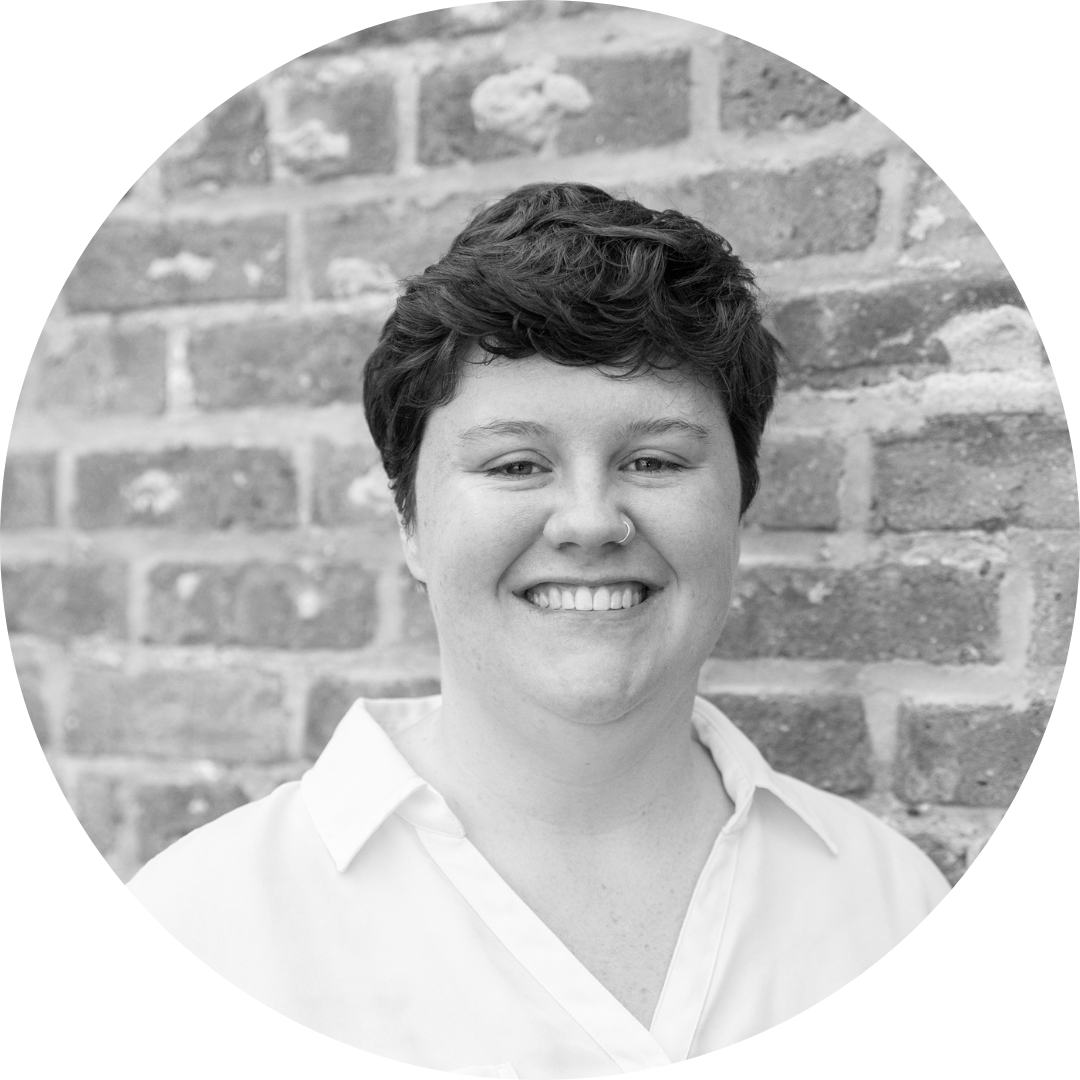
Hannah Gregor,
Administrative Manager
Economic Security Project
Hannah Gregor is the Project Manager at Economic Security Project who plays a pivotal role in the success of the various Build the Field portfolios. She leads discrete operations projects, fosters communication and collaboration among team members, and supports the execution of the BTF deliverables in the Guaranteed Income and Antimonopoly work. Hannah first became involved in social justice through electoral organizing in Iowa which inspired her to pursue a policy-focused social work degree at the Crown Family School of Social Work, Policy, and Practice. Her previous roles have spanned across disability justice, drug reentry courts, and economic policy research.

Sara Upendo,
Assistant
Springboard To Opportunities
Sara serves Springboard To Opportunities as the Special Assistant to the CEO. She has worked within the administrative field for over six years and continues to pursue excellence through her work supporting Springboard and the Guaranteed Income Community of Practice.
She attributes her passion for organization and community to growing up as one of six siblings under the care of a single mother. Imprinted with the wisdom of Mr. Rogers, to "Look for the helpers," Sara has made it her mission to be one of those helpers wherever the need arises. Now, when time allows, Sara spends her time workshopping gluten-free baking recipes and exploring the states with her husband and two energetic daughters.
Convening Organizations

Economic Security Project challenges the status quo by catalyzing ideas that build economic power for all Americans. We serve as convener, strategist, funder and campaigner. We disburse grants, identify gaps, develop communications research to inform the movements, and coordinate events and convenings to encourage investment and action from others. We aim to support the emerging leaders in the economic justice field and ensure they have the networks, know-how, and money to succeed.

Springboard To Opportunities connects families living in affordable housing with resources and programs that help them advance themselves in school, work and life. We do this by working directly with families, as well as by establishing strategic partnerships with other organizations that help residents achieve their goals. In the fall of 2018, Springboard To Opportunities announced The Magnolia Mother’s Trust, a new initiative that provides low-income, African-American mothers in Jackson, Mississippi $1,000 cash on a monthly basis, no strings attached, for 12 months straight. While there have been several initiatives for a guaranteed income worldwide, this is the first that specifically targets extremely low-income families headed by an African-American female living in affordable housing in the United States.
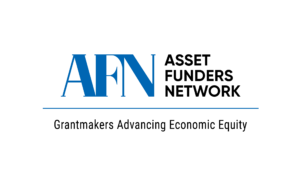
The Asset Funders Network engages philanthropy to advance economic opportunity and prosperity for low and moderate-income people.
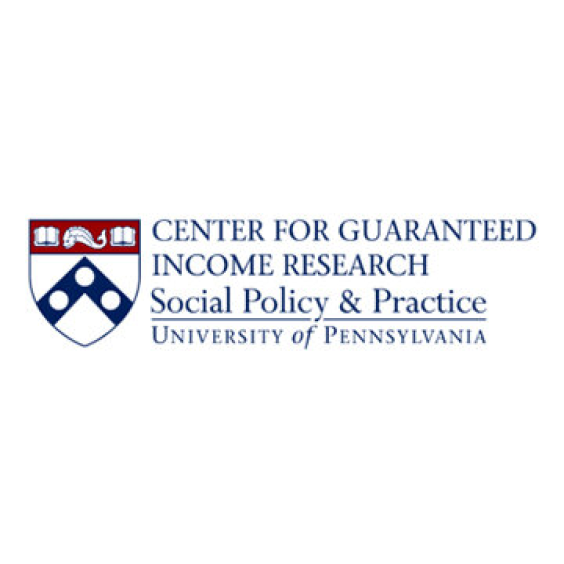
The Center for Guaranteed Income Research consolidates the key learnings from the pilots taking place in Mayors for a Guaranteed Income member cities, to address knowledge gaps in the contemporary understanding of guaranteed income’s impact for Americans, and to allow the organization to layer data with anecdotal evidence in federal advocacy. The Center is co-led by Dr. Amy Castro Baker, assistant professor at the University of Pennsylvania School of Social Policy & Practice, and Dr. Stacia Martin-West, assistant professor University of Tennessee, College of Social Work.
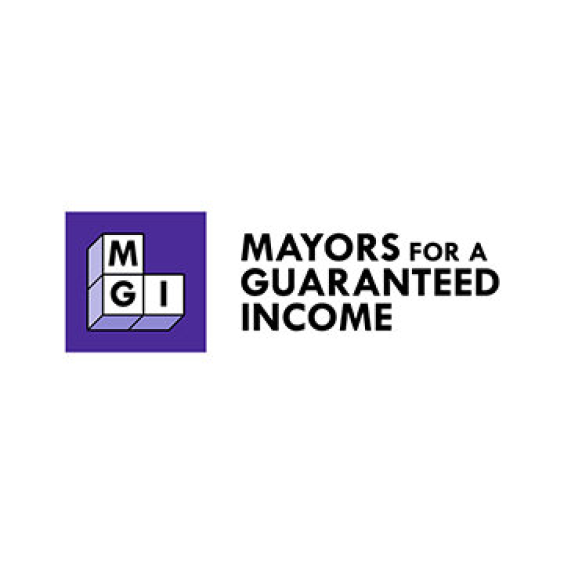
Building off his first-of-its-kind guaranteed income pilot, the Stockton Economic Empowerment Demonstration, and rooted in Dr. King’s legacy, Mayor Michael D. Tubbs of Stockton, CA founded Mayors for a Guaranteed Income in partnership with the Economic Security Project in June 2020. Mayors will come together in this network to advocate for a guaranteed income – direct, recurring cash payments – that lifts all of our communities, building a resilient, just America. Since its establishment in June 2020, the coalition has created a significant increase in support for guaranteed income policy across the country, passing a resolution in support of guaranteed income at the United States Conference of Mayors and submitting a sign-on letter to House and Senate leadership in support of the Monthly Economic Crisis Support Act. In support of this growth and a groundswell of interest in guaranteed income, MGI has partnered with What Works Cities on a six-session online learning opportunity to elevate lessons learned and share best practices with the coalition and additional cities across the country. Interested parties can learn more or register here.
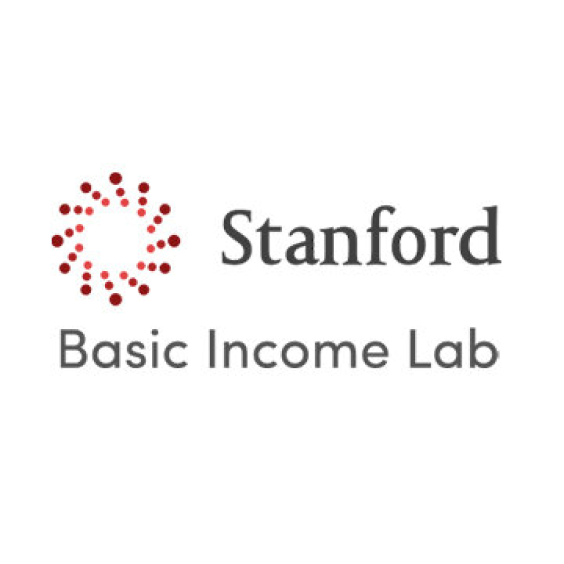
Founded in 2017 and housed in the Stanford Center on Poverty & Inequality, the Stanford Basic Income Lab convenes stakeholders around the politics, philosophy, economics and implementation of basic income and related cash policies; harvests learning from policymakers and practitioners implementing basic income pilots; and equips the field with insights on the growth and evolution of basic income experiments, pilots and demonstrations.
